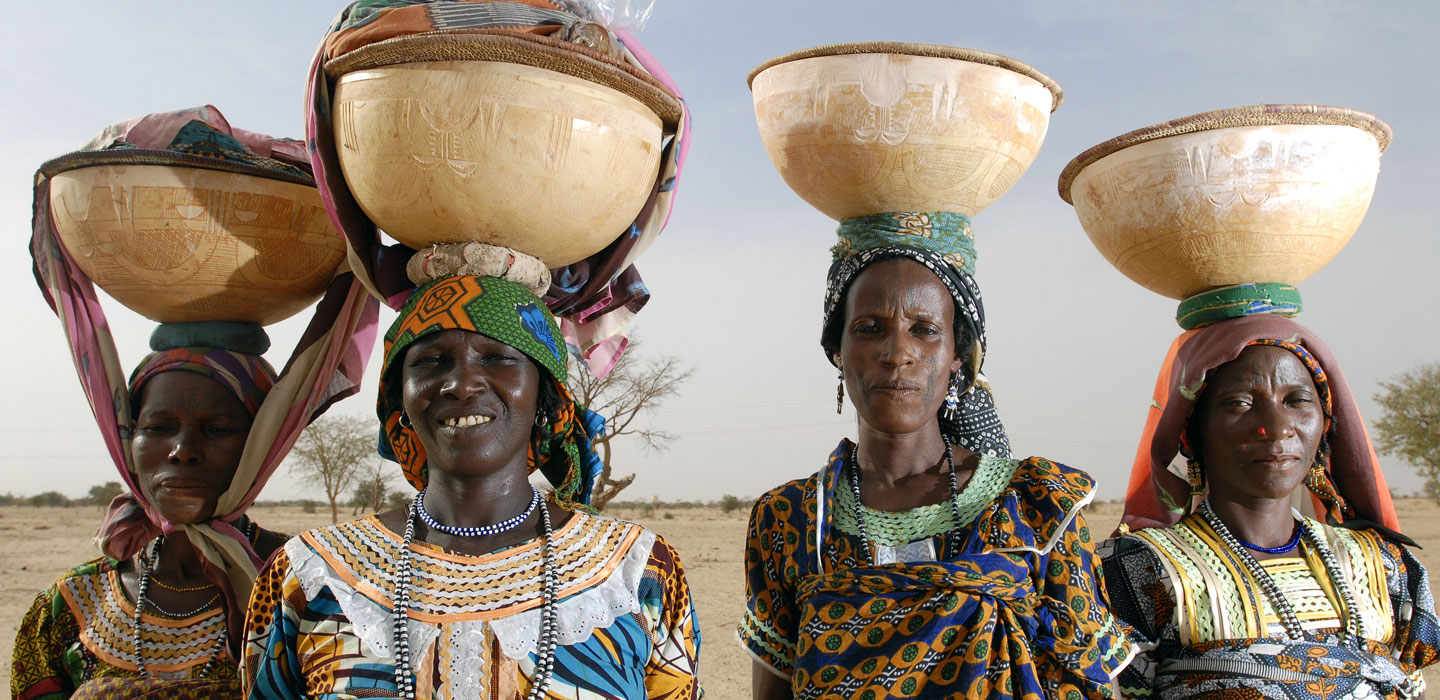Tools and guidelines
Tools and guidelines

Tools and guidelines
Menu Display
Search Results Filters
Search Results
How to do note: Land tenure in IFAD project design
This How To Do Note provides guidance on how to carry out a land assessment at the project design stage.
Through this assessment, it will be possible to identify key land tenure issues in the project area and to indicate how they can be resolved through project activities and interventions.
How to do note: Land tenure in IFAD country strategies (RB-COSOPs)
Lessons learned: Pastoralism land rights and tenure
This note highlights lessons learned on pastoralism land rights and tenure aiming to inform the design and implementation of country strategies and projects from the point of view of land tenure issues faced by pastoralists.
It also provides examples of how IFAD has dealt with some of these issues through its programmes and projects.
Toolkit: Land tenure in IFAD-financed operations
Lessons learned: Supporting rural young people in IFAD projects
IFAD has always adopted a proactive approach to the targeting of poor rural people of all ages in order to reduce the social and economic inequalities that help generate and perpetuate poverty.
Lessons learned: Key performance indicators and performance-based agreements
regular and consistent manner. This note discusses the use of KPIs as well as the challenges associated with it. This discussion is followed by a review of the lessons learned by IFAD and other organizations, and concludes with strategic recommendations for follow-up.
Case study: Gender Action Learning System in Ghana, Nigeria, Rwanda, Sierra Leone and Uganda
GALS has been developed under Oxfam Novib’s (ON) Women’s Empowerment Mainstreaming and Networking (WEMAN) Programme since 2008 with local partners and Linda Mayoux. The use of GALS in value chain development (VCD) was piloted by ON and partners in Uganda through a small IFAD grant (2009- 2011). It was rolled out by ON with local partners in Nigeria, Rwanda and Uganda with the support of a large IFAD grant (2011-2014) and in other countries with cofunding from other donors.
How to do note: Commodity value chain development projects
Lessons learned: Youth land rights and tenure
This note aims to inform the design and implementation of results-based country strategic opportunities programmes (RB-COSOPs) and projects by describing how youth are affected by insecurity of tenure and how such issues have been dealt with. It should be used at strategy, design and implementation stages.
The note explains the issues related to youth and land tenure and how they have been addressed in IFAD and other projects and programmes.